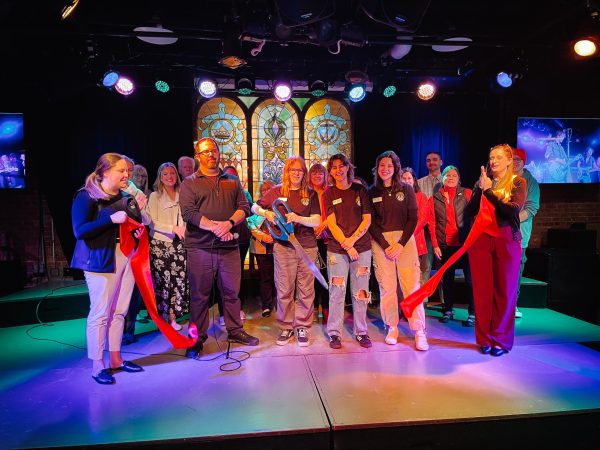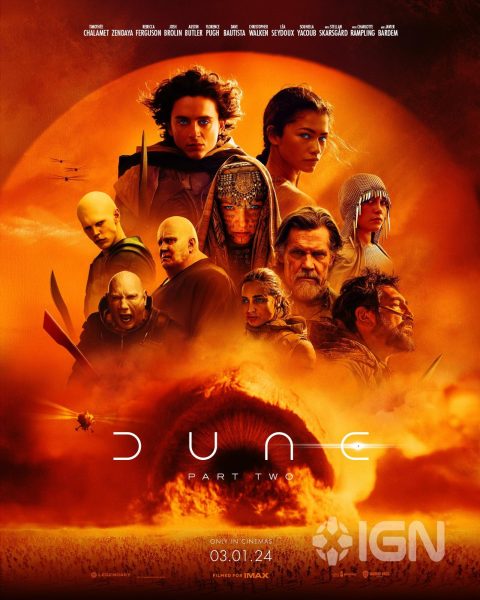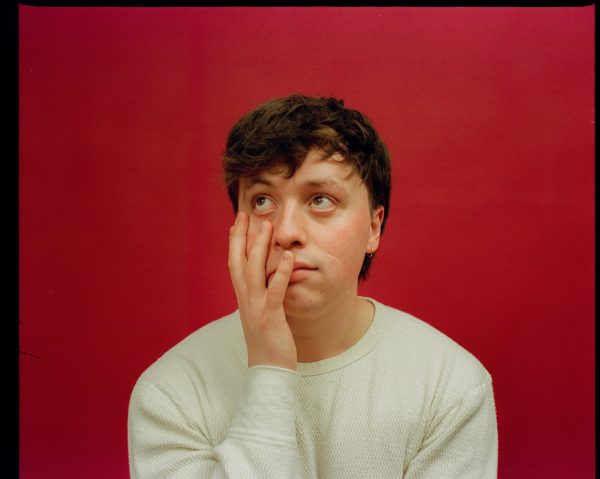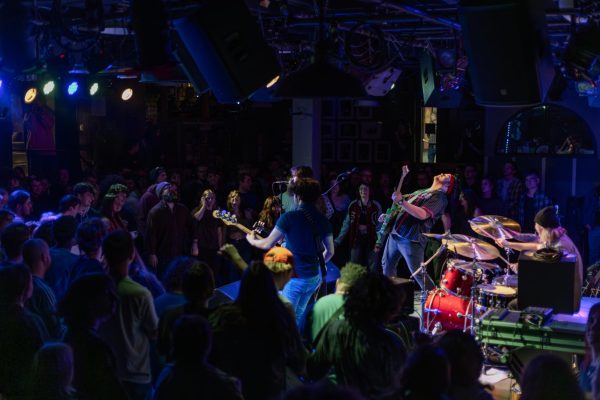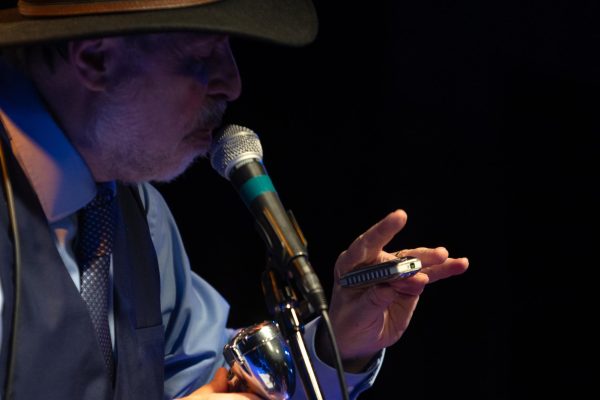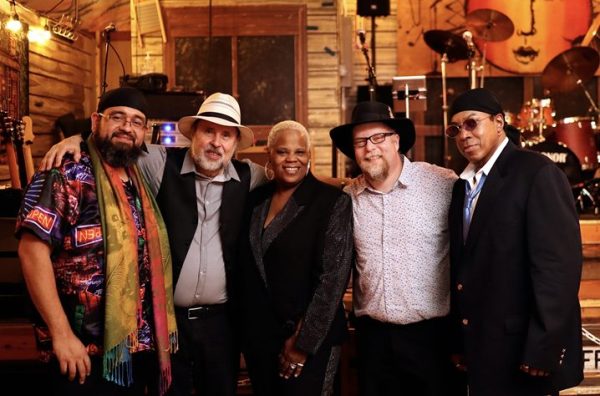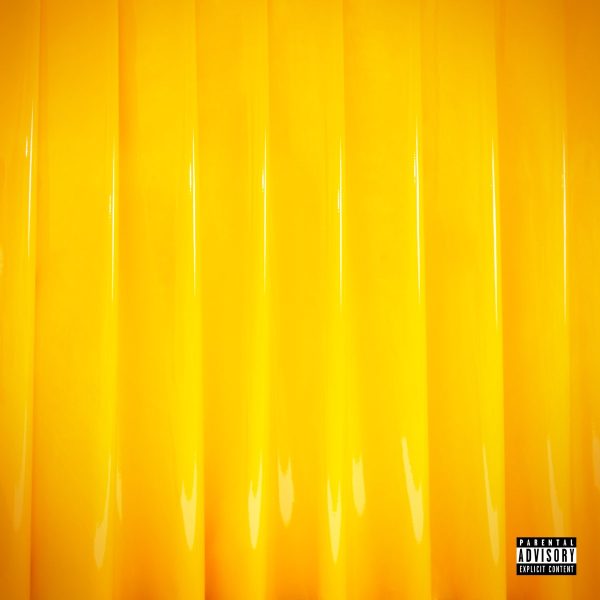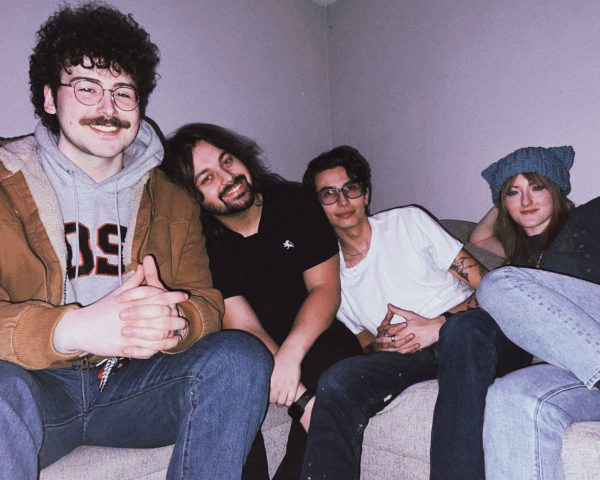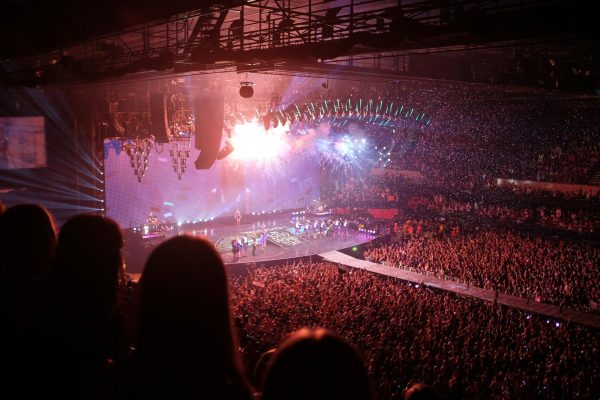- Limelight
- Limelight / Culture
- Limelight / Culture / Pop Culture
- Limelight / Digital
- Limelight / Events
- Limelight / Music
- Limelight / Profiles
- Limelight / Reviews
Jordaan Mason: An up-and-coming Toronto musician who takes on difficult topics with refreshing honesty
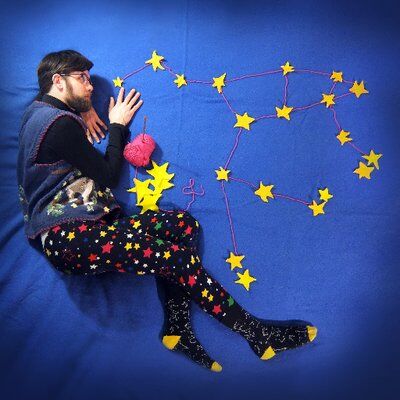
Jordaan Mason is a new artist from Toronto who speaks about more difficult topics in their music and breaks down hard ideas.
February 2, 2022
Jordaan Mason is a Toronto musician that has taken on difficult topics in their music with a refreshing honesty that can seldom be found elsewhere. For the past seventeen years, their raw and passionate lyrics have echoed loudly through music spaces across the internet and resonated with so many in desperate need of hearing them. I sat down with Jordaan (virtually), and spoke with them on being one of the most unique and important voices in music today.
Alex England: How and when did you get your start in music?
Jordaan Mason: I did musical theater as a kid, which is where I discovered that I liked to sing. When I was 16 I went to this summer writing program at an art school in California, which was a very strange and random thing. When I was there, me and all of the friends that I made would sit out on the lawn after our classes. Some of my friends had guitars and songs would kind of appear and people told me that they liked my singing. So me and my friend Neil that I met there wrote a song together for one of our projects, he wrote the guitar part and I wrote the lyrics and from there I just kept doing it.
AE: Your music is unique in many respects, making it difficult to pin down artists you’ve been influenced by. Who would you say are your biggest influences as an artist?
JM: There’s a few, Leonard Cohen is a big one. I was a big Leonard Cohen fan as a teenager in particular, not just his music but also his poetry and fiction. Diane Cluck is another big one, she’s someone a bit more contemporary to when I started making music. Her first few records are very lo-fi, person singing in a room into a microphone kind of a vibe, which I’d never really heard anyone do before. It has this sound of just a person performing in a room, it doesn’t sound like it’s even being foretracked and that’s how I started recording my stuff. She was a big influence on me feeling like that was an “OK” thing to do and she’s also a big influence on my approach to vocals.
AE: One of the standout releases of your discography is the droney, ambient album Homespun. With vocals and lyrics being a centerpiece to your previous work, what made you choose to abandon them altogether on that project?
JM: It was kind of just an experiment. Admittedly, even after releasing several records, I was still reluctant to call myself a musician because I’m self taught and I don’t have the music theory background to feel like that’s what I am sometimes. At a certain point though it was like “Well, I’ve written quite a few songs for someone who doesn’t consider themselves a musician,” so I’ve begun to give in to that title. I consider myself a writer first though, so Homespun was kind of a challenge to myself to see if I could compose without my voice and my words. Also, around that time in my life I was reading a lot about drone therapy, so when I was making that record I was just playing a lot with drones and laying my head on my organ and I decided to start experimenting with recording that. I didn’t intend to actually release it at first, I played it a lot for a while just as falling asleep music and my partner really liked it and encouraged me to put it out, so I did.
AE: Your releases since the beginning of the COVID pandemic have been compilations of mostly older material. Has the pandemic affected your music making process at all?
JM: Oh yeah. Very early in the pandemic, my computer decided that it was tired and it didn’t want to continue anymore, so I was kind of sprung into this archival, backing everything up project where I was going through all of my live recordings and demos that I had on my hard drive. As I was doing that, I started putting some of it together into these compilations and a lot of it inspired my new album that I’ve written. My writing process has been very different because I live in a one bedroom apartment with my husband who now works from home. He’s in meetings a lot, for example, so the time when I can actually make noise is limited these days. I kind of had to return to writing words on paper first, where in the last few years I had been writing music first and then writing words. It’s just something I can do regularly while not making noise.
AE: Your most celebrated release is your 2009 record Divorce Lawyers I Shaved My Head under the moniker Jordaan Mason & The Horse Museum. What is the Horse Museum?
JM: The Horse Museum was a recording project that had a live element for a few years. I basically just convinced all of my favorite musicians to play on my record and we called that the Horse Museum. We were a live band but from show to show our size would shrink and expand quite a lot, sometimes you’d go see a Jordaan Mason & The Horse Museum show and it would be me and one other person and sometimes you’d go and it would be 15 people. It was based on who was around and who was available, a good chunk of that band was not from Canada, we were kind of a long distance project.
AE: Where does that name come from?
JM: It’s something I came up with specifically for that album. I knew we were going to be a one time thing, so I named it after what the project is to me. It’s a “horse museum,” it’s a museum of my experiences with horses, which was a metaphor for sexual partners.
AE: Divorce Lawyers is your most listened to record by some distance. Why do you think that is?
JM: It’s hard to say, I think the band element is part of it. I know for a fact that if I had recorded that album with just myself and a guitar as I did on previous projects, it probably wouldn’t have the listener base that it does. Not to downplay my role in it, but I do think that adds something special to it. I don’t know though, I never expected it to be the collection of songs that people like as much as they do. When I was first playing those songs I actually had some falling outs with friends over them. People thought I was saying weird shit that I shouldn’t be saying and there was some queer infighting over my representation of queer people, so I didn’t expect people to continue to listen to it in the way that they do. In a weird way, I do think it’s my poppiest album though and that’s partly the band. There’s more bass and drums on that album than anything else I’ve ever released apart from The Decline of Stupid Fucking Western Civilization.
AE: Do you know how Divorce Lawyers got so popular?
JM: Sort of. We put out the record in 2009 and I had been touring non stop for about three years and I want to owe some of it to that. At the same time though, I don’t hear from a lot of people that found me through those years of playing shows, most came later. It seemed to have had a life on tumblr. and the 4chan music board and different pockets of the internet that found it and talked about it. I don’t know, it’s kind of just become a cult thing.
AE: Divorce Lawyers is now 12 years old, what is your relationship with that album like today?
JM: It’s good and weird and a lot of different things. I can’t help but feel a little strange that the songs that I wrote when I was 19 are still kind of following me around, but at the same time isn’t that what you want? That something that you made is important to people? I’d like to make another record like that one day, but I think I’m lucky to have even made just one. I don’t think it has anything to do with the quality of the rest of my work, that record is about something specific and about a specific moment in my life that I think is relatable. I think we all go through that “Oh I’m 19 and everything about sex is horrific and confusing” moment, so even a lot of non trans people have told me that they’ve gotten a lot out of it.
AE: Your lyrics deal heavily with gender dysphoria and have been lauded by critics and queer people alike, with some people saying that your work has been life changing for them. Have you ever felt that way about a piece of art that you’ve seen or heard?
JM: Oh yeah, there’s a lot of art that’s touched me in many mediums. Songs of Love and Hate by Leonard Cohen is pretty much the one for me. My actual favorite record of all time is Emergency Ward! by Nina Simone, but that’s like untouchable music to me, that record has saved my life for sure. It’s different from my relationship with something like Songs of Love and Hate, which is still a relationship of songs, for a lack of a better way of describing it.
AE: We’ve just come up on a full year of silence in terms of releases on your Bandcamp page. Earlier you mentioned that you’ve written an album that you’re currently recording, do you have an idea of when it’s going to come out?
JM: Maybe, it will probably be out in 2022, that’s the goal, but if it takes a little longer than that, it takes a little longer than that. There are a lot of people helping me make this, it’s a big to-do, so I’m trying not to rush anyone or anything. Something about going through my old recording kind of kicked me in the ass towards making something that has no compromises. This time I’m just trying to go big or go home.
AE: Jordaan, it’s been a pleasure, thank you for talking to me and have a good day.
JM: Thank you, you too!
You can follow Jordaan Mason on Instagram here and support their music directly on Bandcamp here.







